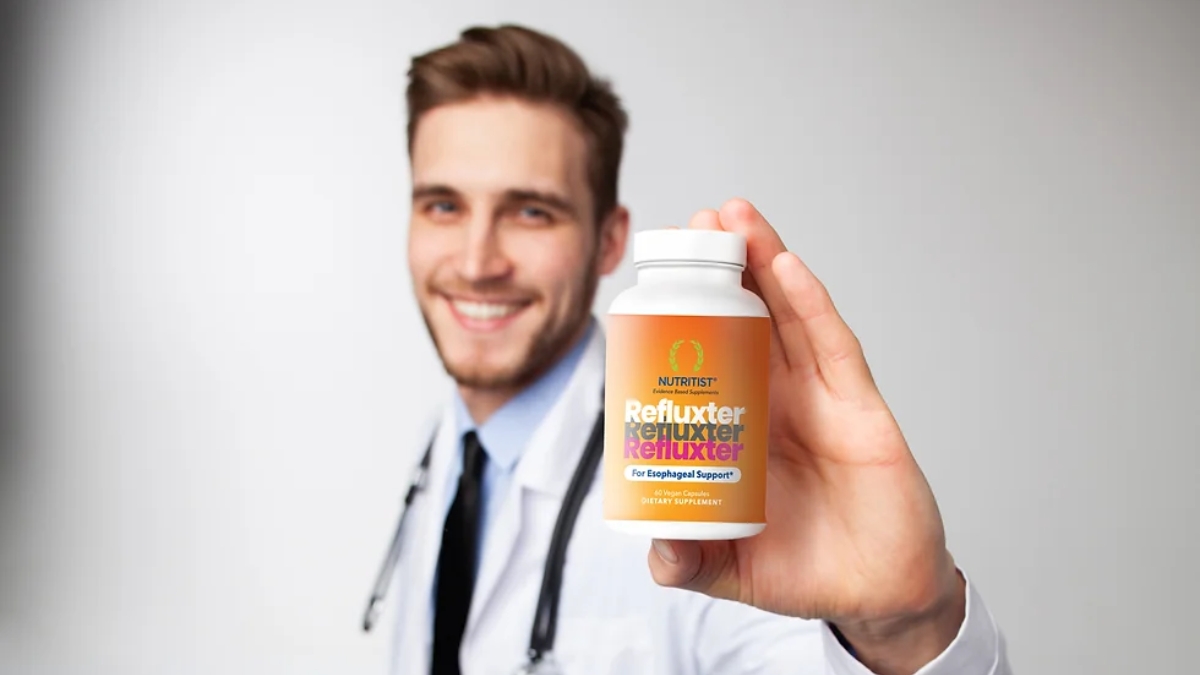Laryngopharyngeal Reflux (LPR) is a condition where stomach acid reaches the throat and larynx, causing various symptoms such as sore throat, hoarseness, and chronic cough. While traditional treatments for LPR have been effective for many, recent advancements and innovative approaches offer new hope for those struggling with this condition. This article explores some of the most innovative approaches to LPR reflux treatment, focusing on cutting-edge solutions and emerging therapies.
Understanding LPR Reflux
Laryngopharyngeal Reflux occurs when stomach acid travels up the esophagus and irritates the throat and larynx. Unlike gastroesophageal reflux disease (GERD), LPR may not always present with classic heartburn, making it more challenging to diagnose and treat. Common symptoms of LPR include:
- Chronic Sore Throat: Persistent irritation or pain in the throat.
- Hoarseness: Changes in voice quality or vocal strain.
- Feeling of a Lump in the Throat: Sensation of something stuck.
- Chronic Cough: A persistent cough without a clear cause.
- Difficulty Swallowing: Discomfort or pain when swallowing.
Innovative Lifestyle Modifications
While traditional lifestyle changes remain foundational in managing LPR, innovative modifications can enhance treatment outcomes and offer new ways to reduce symptoms.
1. Smart Diet Monitoring
Advancements in dietary technology now allow for more personalized dietary management. Apps and wearables can track food intake and symptoms, helping to identify specific triggers more accurately. These tools offer real-time feedback and suggestions for dietary adjustments, making it easier to adhere to a reflux-friendly diet.
2. Advanced Sleep Solutions
Recent innovations in sleep technology have led to new methods for improving sleep quality and reducing nighttime reflux. Adjustable smart beds that allow for precise elevation of the head can enhance reflux management during sleep. These beds often come with built-in sensors that monitor sleep patterns and adjust positions for optimal comfort.
Cutting-Edge Medical Treatments
Medical treatments for LPR have also evolved, with new therapies and technologies providing effective relief for those who do not respond to conventional methods.
1. High-Resolution Esophageal Manometry
High-resolution esophageal manometry is a state-of-the-art diagnostic tool that provides detailed information about esophageal motility. This technology helps identify subtle dysfunctions in esophageal movement that may contribute to LPR. Accurate diagnosis allows for more targeted and effective LPR reflux treatment.
2. Radiofrequency Ablation
Radiofrequency ablation (RFA) is an innovative technique that uses radiofrequency energy to treat abnormal tissue in the esophagus. RFA can help strengthen the lower esophageal sphincter and reduce acid reflux symptoms. This minimally invasive procedure offers a promising alternative for patients with severe LPR.
3. Transoral Incisionless Fundoplication (TIF)
Transoral Incisionless Fundoplication is a revolutionary procedure that creates a new valve mechanism at the lower esophagus without the need for traditional surgery. Performed through the mouth using an endoscope, TIF helps to restore the function of the lower esophageal sphincter, reducing reflux episodes and improving patient outcomes.
Emerging Complementary Therapies
Complementary therapies are gaining popularity as adjuncts to traditional treatments. These innovative approaches can offer additional relief and support for managing LPR.
1. Biological Therapies
Biological therapies, including the use of monoclonal antibodies, are being explored for their potential to reduce inflammation and heal esophageal tissues affected by acid reflux. Research is ongoing to determine their efficacy and safety in treating LPR.
2. Probiotic Supplements
Emerging research suggests that probiotics may help balance gut microbiota and reduce inflammation in the digestive tract. Probiotic supplements could play a role in managing LPR symptoms by promoting a healthier digestive environment.
3. Mind-Body Techniques
Mind-body techniques such as biofeedback and guided imagery are being studied for their potential to alleviate LPR symptoms. These approaches focus on reducing stress and promoting relaxation, which can positively impact reflux symptoms and overall well-being.
Future Directions in LPR Reflux Treatment
The field of LPR reflux treatment is continually evolving, with ongoing research and technological advancements promising even more innovative solutions in the future. Key areas of focus include:
- Genetic Research: Understanding genetic predispositions to LPR could lead to personalized treatment approaches tailored to individual genetic profiles.
- Enhanced Diagnostic Tools: New diagnostic technologies may provide more precise and earlier detection of LPR, leading to more effective treatment strategies.
- Integrative Therapies: Combining traditional treatments with innovative complementary approaches could offer more comprehensive management options for LPR.
Conclusion
Innovative approaches to LPR reflux treatment offer new hope for individuals struggling with this challenging condition. From advanced lifestyle modifications and cutting-edge medical treatments to emerging complementary therapies, these innovative methods provide a range of options for managing and alleviating LPR symptoms. As research continues and technology advances, future treatments will likely offer even greater effectiveness and precision. Consulting with a healthcare professional can help determine the best course of action for managing your LPR and improving your quality of life.
